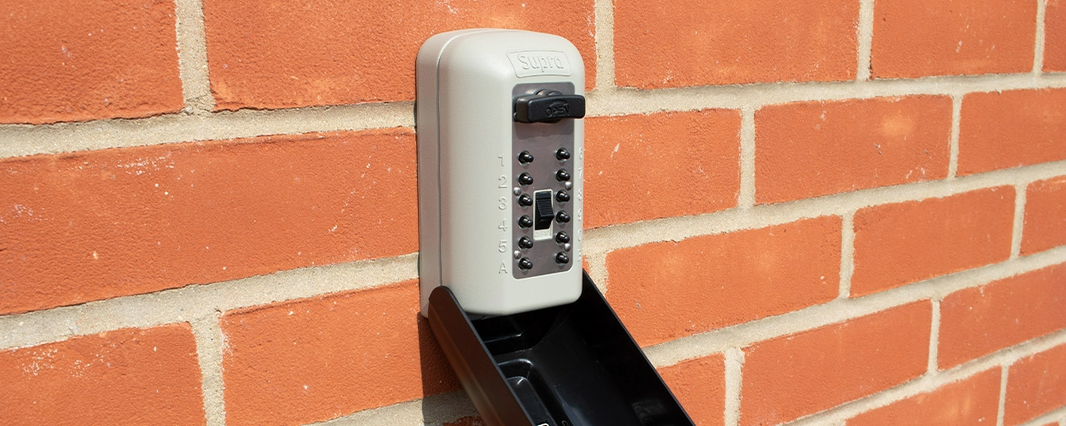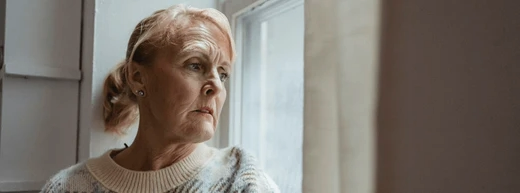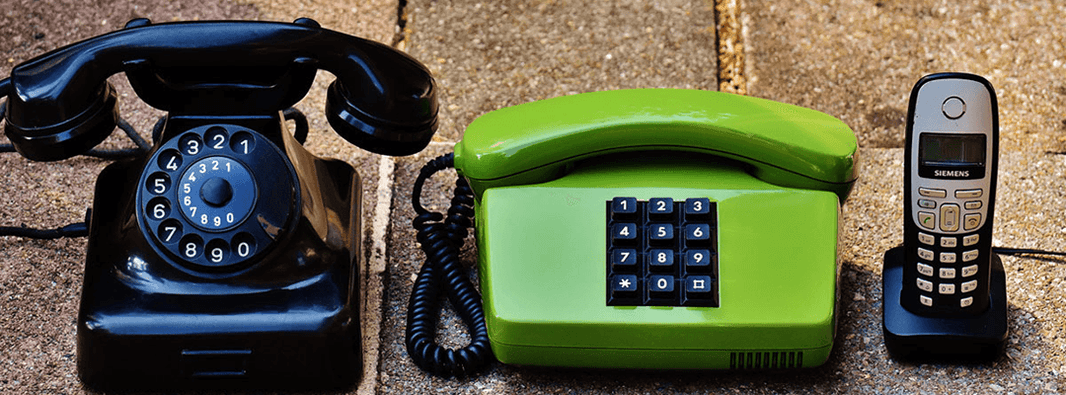Did you know that April is Stress Awareness Month? We at Careline have been looking in stress management and the ways that the elderly can lower their stress levels.
Stress is a problem at any time of life but is mostly associated with the fast-paced careers and busy family lives of younger adults. However, older people suffer from more ‘silent stress’ issues such as health problems and the struggle to retain independence. The body’s ability to deal with stress breaks down as we get older so it is very important that elderly people take advantage of stress management techniques in order to stay healthy and happy.
Below we have gathered some stress management tips that will help you steer away from stressful habits and mindsets.
Make a change
Making a change to your life can help to ease you out of stress. Sometimes we get stuck in dull, daily routines that alleviate stress triggers. Changes such as booking a holiday or a day trip to a place that you’ve always wanted to visit can give you something to look forward to and focus your mind on making plans for the future.
However, the changes you make don’t have to be huge. They can be as small as de-cluttering an area of your home or taking a walk in a new area. Change helps to focus your mind on something other than the cause of your stress. Changing just one thing can help to alter how you feel and the way you look at the world.
Think about your health
It may seem obvious, but staying healthy is important in managing stress in elderly people. Be intentional about looking after yourself. Develop your eating habits so that you are eating a wide variety of foods including plenty of fruit and vegetables. If you can, get some exercise every day.
This can be anything from a short walk and tai chi to more strenuous activities such as a dance class (ballroom and street dance classes are widely available for the elderly!) Even if your movement is restricted you can take part in chair aerobics classes or you can do simple arm and leg exercises from your chair at home. Even just a little bit of exercise everyday can give you a sense of achievement and the rush of endorphins will always help to improve your mood.
Never underestimate the value of a good night’s sleep. If you make an effort to sleep for at least eight hours a night your body and mind will feel revived.
Fill your time
After a life of full-time work and family commitments, getting to retirement age can mean long, empty days. Stress can take over if you don’t fill your time. An important part of managing your stress is keeping busy. Staying connected to people is integral to feeling balanced and calm so make the effort to talk to more people, whether that’s taking up an elderly hobby, seeing family on a regular basis or getting yourself set up online to keep in touch with friends across the world.
Even something as simple as reading a book is a great way to keep yourself busy and exercise your mind at the same time – whether that be a gripping thriller or learning new things with a non-fiction book.
Keep busy with a pet! Looking after a pet can be very therapeutic. Even just stroking a cat can improve your mood by miles! If you don’t have your own pet to care for, there are great schemes where you can look after other people’s animals such as Borrow My Doggy. You might even form new friendships with the owners too.
Use a personal alarm
A personal alarm can be a huge help in managing stress levels. Knowing that assistance is available at the press of a button can act as a massive reassurance to any older person who experiences stress issues. Our Careline alarm allows you to stay in your own home with the added safety net of help when you need.
Interested in knowing more? Visit our Careline Alarm Guide or call us on 0808 304 4240.









